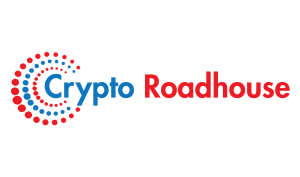- The Financial Intelligence Unit recently held a meeting regarding this action.
- Five major crypto exchanges attended the meeting and shared what measures they have taken to address crypto crime.
The South Korean government said that local authorities will work to strengthen the compliance efforts of crypto asset service providers.
The Financial Intelligence Unit held a meeting on 27 July to “strengthen the compliance capacity of virtual asset service providers,” as per the press release shared by the Financial Services Commission (FSC).
Five major crypto exchanges, namely Upbit, Bithum, Coinone, Cobit, and Gopax, attended the meeting. All of them also shared what actions they have taken to address crypto crime.
While Upbit is using artificial intelligence in its fault transaction detection system, Coinone has reinforced blacklist management and risky wallet monitoring. Other exchanges have also taken different measures to address the menace of crypto crime.
South Korea pursues a slew of measures to tackle crypto crime
It was only a day earlier on 26 July that South Korea launched an interagency investigation unit to combat crypto-related crime. At least 30 investigators from the prosecution, the Financial Supervisory Service, the National Tax Service, and the Korea Customs Service make up the unit.
The unit’s primary focus is to investigate market participants involved in issuance or distribution of cryptocurrency to recognize irregular trading activities and probe related crypto crimes.
Last month, the National Assembly of South Korea passed the Virtual Asset User Protection Act. Its primary goal is to first apply the Capital Market Act to virtual assets with a securities nature. Regulators in the U.S. are also pursuing a similar policy towards cryptocurrency.
The legislation reportedly incorporates 19 crypto-related bills. It provides a unified bill that defines cryptocurrency. It also imposes fines for illicit trading activities like using undisclosed information, market manipulation and other unfair crypto trading practices.
The act empowers the FSC and the central bank the authority to oversee crypto service providers and custodians.
South Korea previously said that it would require legislators and companies to furnish details about their crypto holdings.

